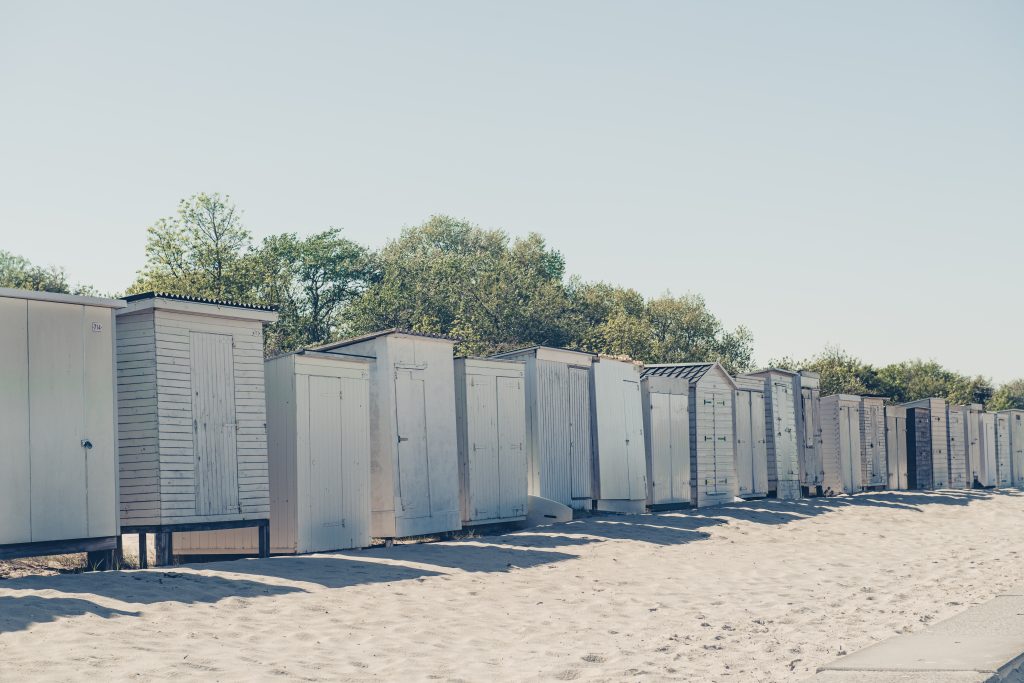The importance of tourism and recreation is deeply woven into society. The sector contributes to the success of other sectors and to a variety societal challenges (quality of life, happiness, inclusion, etc.). As our society is changing, so is the tourism sector, both before and during the pandemic. These changes also alter future challenges for professionals in the sector. Therefore it is essential to have a clear overview of the needed knowledge and skills for a future professional to be able to deal with those challenges in the tourism sector. The Skills4CMT project provides a great opportunity to research which knowledge and skills are needed for future (coastal & maritime) tourism professionals. Especially within CMT, it is important to be able to act on trends and developments and to apply them within the sector. The CMT-sector in Zeeland is a part of the entire Dutch tourism sector, which makes it important to clearly outline the value of tourism & recreation in the Netherlands, as described in this blogpost. This blogpost is based on a research conducted by the Centre of Expertise Leisure Tourism & Hospitality (CELTH) which explored the value of tourism for the Dutch society.
Economic value
The sector has an immense economic value in the Netherlands. The expenditure related to tourism & recreation amounted to 91.2 billion euros in 2019, around 4,4% of the Dutch GDP. This expenditure naturally translates into a large number of jobs. In addition to the absolute number of jobs, the sector also creates value through the diversity of the jobs. People working in the sector can learn a lot of new skills. (Employees at) suppliers to the sector also benefit from tourism & recreation.
Tourism & recreation can boost the local economy and can contribute to the climate for businesses. The effect of the sector on prices can be beneficial for the economy, but can also confront residents with higher prices. This is (partly) compensated by the fact that residents, through tourism & recreation, get more opportunities for work and income.
Environmental value
The environment is part of the product on the one hand yet influenced by that same product on the other hand. One of the ways in which tourism & recreation (directly) contributes to the environment is because the sector’s facilities and catering establishments offer their services and products to the residents of the region. Often the residents are even regular guests. If there are too many visitors or if the visitors do not match the existing industry, there is a high likelihood of overexploitation.
Cultural and natural heritage add to the attractiveness of a region for visitors and can contribute to the preservation and accessibility of this heritage. Sufficient destination management is necessary to prevent (too much) tourism & recreation leading to great pressure on this heritage and/or high(er) maintenance costs.
The sector contributes to public facilities and infrastructure. Tourism & recreation can lead to more investments and support for new public facilities, such as public transport, health care, police etcetera. Great numbers of visitors can put pressure on these facilities. The presence of visitors creates atmosphere, liveliness and conviviality. However, in places where there are (too) many visitors, the influence can change from positive to negative.
Social value
The presence of visitors can contribute to a sense of security. At the same time, tourism & recreation can also have a negative impact on perceived security (theft, gambling, vandalism, etc.). Residents appreciate their environment and culture differently with the presence of visitors. They feel proud because their region is worth visiting.
The use of regional stories and symbols within the sector can further strengthen that identity, although commodification is lurking. Involving residents in developments is a precondition to allowing identity and culture to grow rather than affect it. Tourism & recreation can lead to cultural exchange. The companies and organizations within the sector house employees with many different backgrounds, ages and educations. The sector also provides education and jobs for those with fewer opportunities. Inclusivity is therefore important for the sector. The role of tourism & recreation in bringing people together translates into an important contribution to social cohesion.
Value of participation
Participating in tourism & recreation is of great value to all people. Vacationers generally feel better while on vacation, compared to their day-to-day life. This stems from psychological well-being and psychological growth, being active, connections with others and comfort.
The above-mentioned value of tourism and recreation also applies to the Dutch coastal regions, of which Zeeland is a part. Within the Skills4CMT project, desk research is conducted alongside interviews with various stakeholders in the region to develop three sector-specific occupational profiles and a curriculum for coastal and maritime tourism.
HZ University of Applied Sciences


